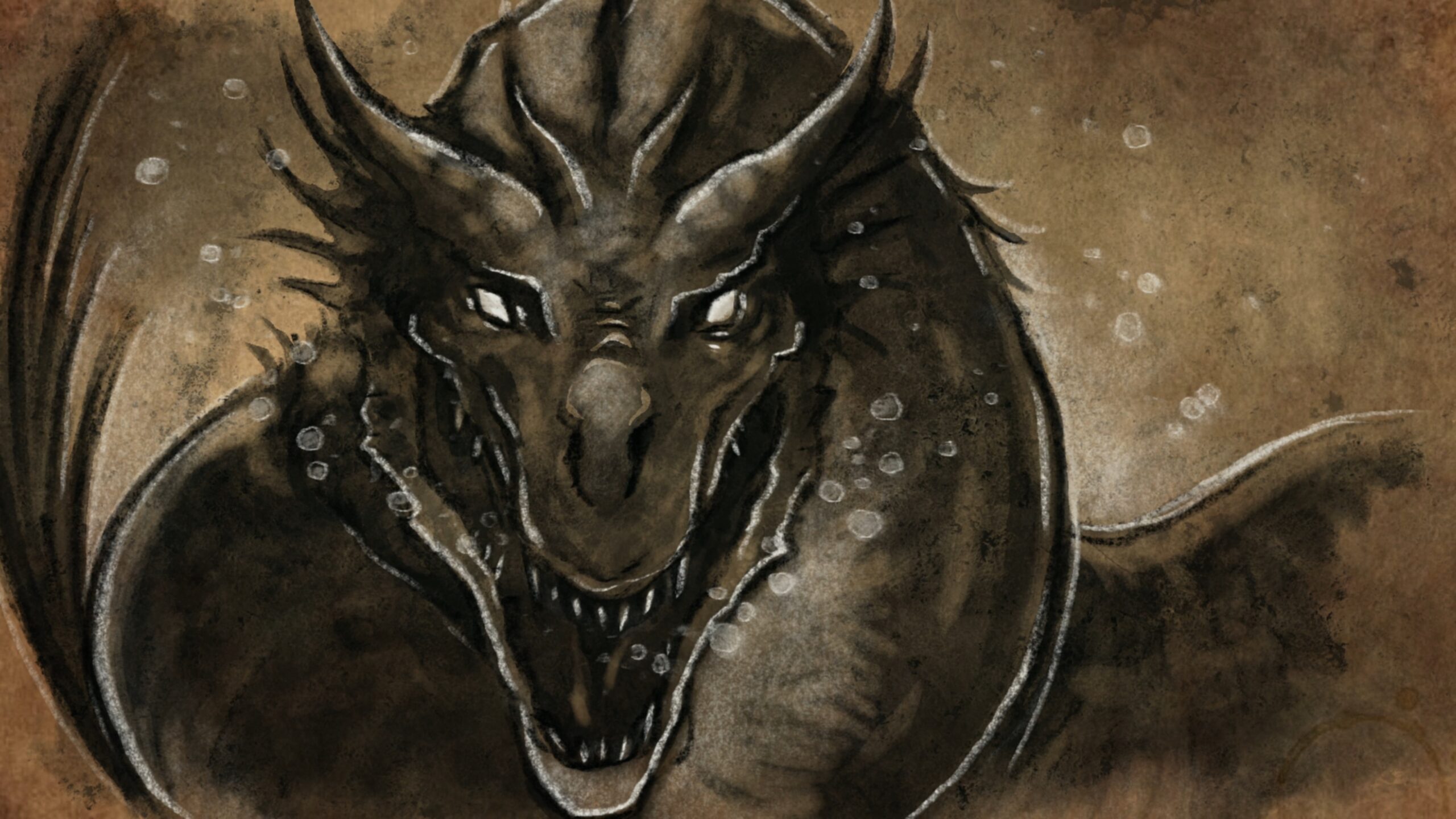Cryptid Documentarians Take Their Latest Investigation Deep into the Murky Legends of a Canadian Lake
New Footage Shines Light on First Nations Legend
Cursed Waters: Creature of Lake Okanaga Debuts Exclusively on Prime Video August 13th
Available Exclusively on Blu/DVD from Small Town Monsters

Massilon, OH– Cryptid investigator Eli Watson and Small Town Monsters head north of the border for a new documentary on one of the most intriguing monster legends of all time – the creature known as Ogopogo. Watson and his team have emerged from the murky depths with Cursed Waters: Creature of Lake Okanaga, featuring newly-shot compelling footage that supports the legends of monsters living in the deep.
Cursed Waters: Creature of Lake Okanaga world premiered at Monster Fest 2 in Canton, OH. The doc will launch exclusively on Amazon Prime Video August 13th. A Blu-ray (SRP $19.99) and DVD (SRP ($14.99) will be available exclusively from the Small Town Monsters shop.

Located in British Columbia, Lake Okanagan is over 80 miles long and is a popular destination for fishers and boaters. It has a storied and rich history, with tales told by native populations for centuries – including the legend of Ogopogo.
Director Eli Watson, known for Cryptid: The Chupacabra, Mysteries and Monsters and Bigfoot: The Road to Discovery journeys to Canada to join forces with area author Jason Hewlett, a researcher and the cofounder of the Canadian Paranormal Society.

Ogopogo is said to be an enormous lake monster, which has haunted the dark waters of Lake Okanagan for untold generations. Sightings can be found in folklore and in the modern day, accompanied by a wealth of indigenous tales which have led many to believe that there may truly be a monster in Lake Okanagan.[ ] Cryptozoologists, historians and varied researchers alike have watched Okanagan for decades – what secrets does it still hide? The story is told through expert and witness interviews, historical media and immersive special effects, all set against the backdrop of narration by author and researcher Heather Moser.


